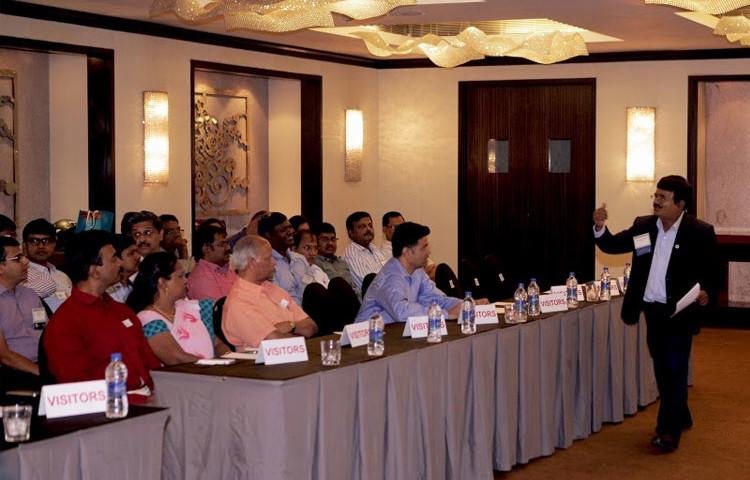You and NLP
(Short Courses)
One day / half a day
The one day / half a day sessions will cover a series of NLP techniques and their relevance in our life. The key take-away will be the practical applications of those techniques in our personal and professional life. Here are some examples:
SUB MODALITIES
NLP is all about learning the language of your own mind!
The conscious mind is the goal setter, and the unconscious mind is the goal getter. If you don’t know how to communicate what you want properly, your unconscious mind will keep bringing how it understood from you.
Neuro-Linguistic Programming is like a user’s manual for the brain. NLP training is like learning how to use the language of your mind so that your unconscious will finally understand what you actually want out of life.
NLP is the study of excellent communication–both with yourself, and with others. NLP is a set of tools and techniques that help to change your patterns of thoughts, emotions and behaviour in positive ways. It is an attitude and a methodology of knowing how to achieve your goals and get results. You can improve your communication, management and leadership skills, overcome blocks to performance, improve sales, self- confidence, and presentations, generate clearer goals and achieve them.
- How to manage your memories?
- How to erase the negative past from our mind?
- How to be in a resourceful state always?
ANCHORING
Anchors are all around us. They are visual, auditory or kinesthetic triggers that become associated with a particular response or a particular state. We respond to anchors without thinking and they influence us. Anchoring is the process whereby any internal or external stimulus becomes a trigger that elicits a response. It can happen at random in the course of living or can be deliberate. They build habits.
How can we anchor some of the positive experiences in our life and recharge ourselves with energy and power to move forward with enthusiasm and spirit?
- How to protect our positive experiences?
- How to be in a resourceful state always?
- How to programme your mind for a future event?
REPRESENTATIONAL SYSTEMS
Just as we see, hear, taste, touch and smell the outside world, so we recreate those same sensations in our mind, re-presenting the world to ourselves using our senses inwardly.
We may remember the real past or imagine the future experiences. We represent both in everything we do – memory, planning, fantasizing and problem solving. We use all systems to experience the world. As some system are more sensitive to the world, they are better developed and we tend to favour them. These representative systems are shown through our body language, posture, breathing patterns, and voice tone and eye movements. They are known as ‘accessing cues’. Know you preferences and develop your weaker representations systems.
The language we use also offers clues to which representational system we use. The sensory based words are called ‘predicates’ in NLP literature. We can understand people based on their favoured accessing cues. This can help us in building better relationship with them.
- How to understand the favoured representational systems of others?
- How to improve my weaker representational systems?
- How to build better relationship with others ?






